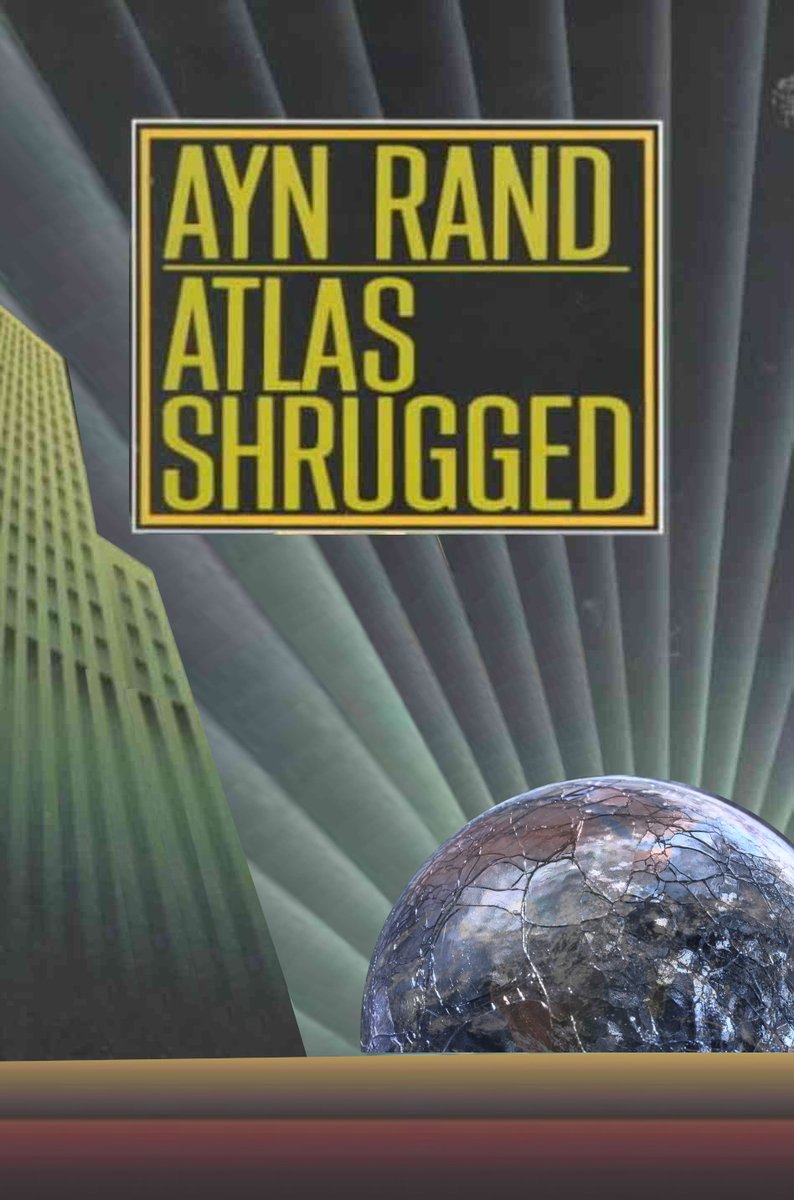
Jimi Hendrix preforming at Monterey Pop (1968) dir. D.A. Pennebaker quinnception.tumblr.com/post/652895476…
Jimi Hendrix preforming at Monterey Pop (1968) dir. D.A. Pennebaker quinnception.tumblr.com/post/652895476…
Jimi Hendrix preforming at Monterey Pop (1968) dir. D.A. Pennebaker quinnception.tumblr.com/post/652895476…
Jimi Hendrix preforming at Monterey Pop (1968) dir. D.A. Pennebaker quinnception.tumblr.com/post/652895476…
• • •
Missing some Tweet in this thread? You can try to
force a refresh










